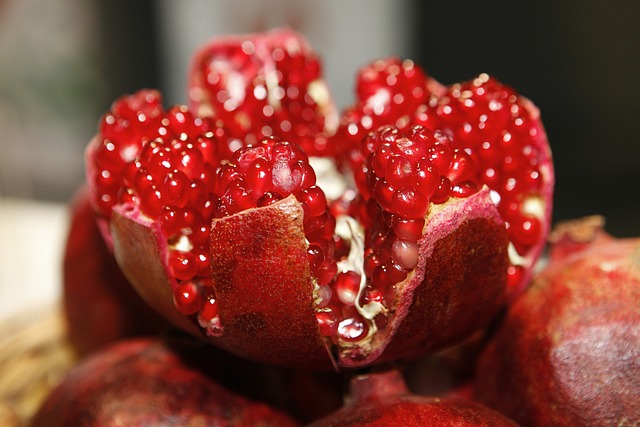The Ultimate Guide to Harnessing the Power of Probiotics for Your Health
What are Probiotics?
Probiotics are good or friendly bacteria that help keep your gut healthy. These bacteria are naturally found in your digestive system, but they can also be taken in the form of supplements or through certain foods. Probiotics help break down food, boost your immune system, and improve your overall health and well-being.
The benefits of probiotics
Probiotics have numerous benefits, including:
- Improved digestion: Probiotics help break down food and assist in nutrient absorption.
- Boosted immune system: Probiotics stimulate the production of antibodies and help fight off harmful bacteria and viruses.
- Reduced inflammation: Probiotics help reduce inflammation in the gut and throughout the body.
- Better mental health: Probiotics help regulate serotonin and improve mood and cognitive function.
- Lowered risk of certain diseases: Probiotics have been shown to lower the risk of certain diseases, including obesity, diabetes, and heart disease.
How to get probiotics
Probiotics can be found in a variety of foods, including:
- Yogurt: Yogurt contains live and active cultures that are beneficial for your gut.
- Kefir: Kefir is a fermented milk drink that is high in probiotics.
- Sauerkraut: Sauerkraut is fermented cabbage that is rich in probiotics.
- Miso: Miso is a traditional Japanese seasoning made from fermented soybeans.
- Kimchi: Kimchi is a Korean dish made from fermented vegetables.
In addition to these foods, probiotics can also be taken in the form of supplements. When choosing a probiotic supplement, look for one that contains at least 1 billion CFUs (colony forming units) and a variety of different strains of bacteria.
Prebiotics vs. Probiotics
Prebiotics are non-digestible fibers that feed the good bacteria in your gut. They act as a food source for probiotics and help them grow and multiply. Prebiotics can be found in a variety of foods, including:
- Garlic: Garlic is high in inulin, a type of prebiotic fiber.
- Onions: Onions are rich in prebiotic fibers that help feed the good bacteria in your gut.
- Bananas: Bananas are high in inulin and other prebiotic fibers.
- Jerusalem artichoke: Jerusalem artichoke is a root vegetable that is high in inulin.
While probiotics are important for maintaining a healthy gut, they need prebiotics in order to thrive. By including prebiotic-rich foods in your diet, you can help support the growth and activity of probiotics in your gut.
Conclusion
Probiotics are essential for maintaining good gut health and overall wellness. By incorporating probiotic-rich foods into your diet or taking supplements, you can help support the growth and activity of the good bacteria in your gut. Additionally, including prebiotic-rich foods in your diet can help feed and support the growth and activity of these good bacteria.







